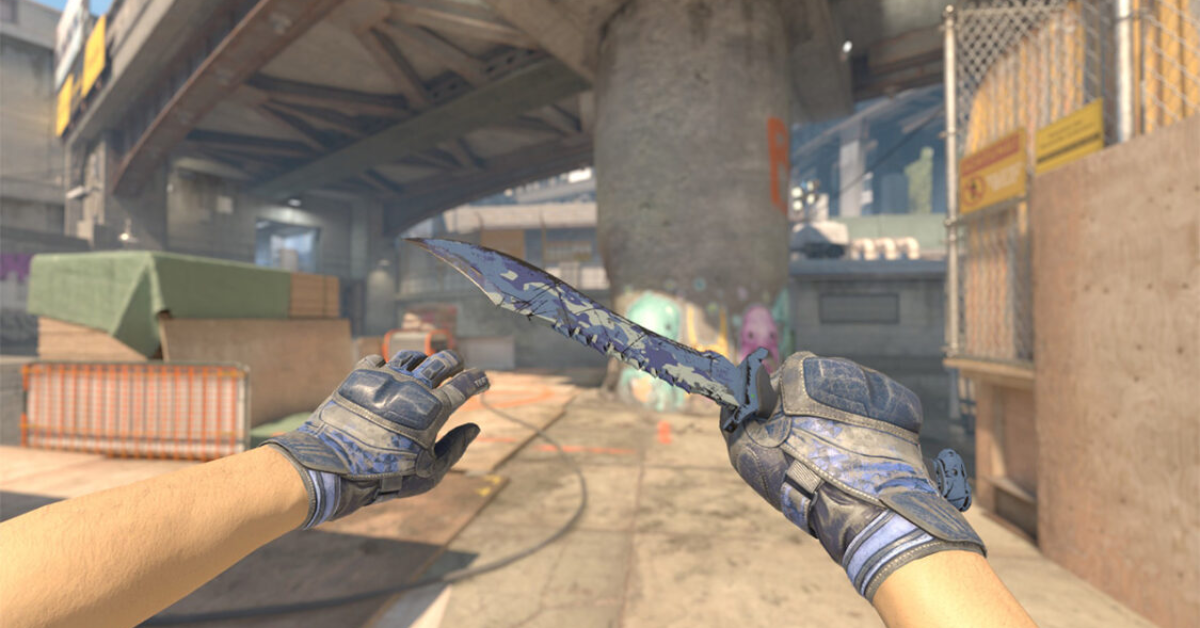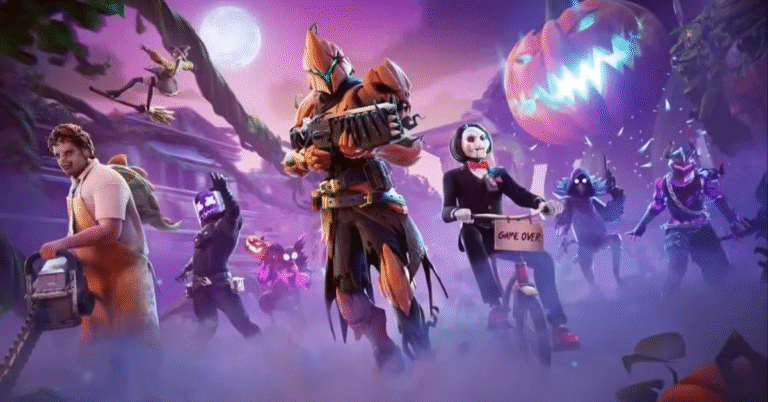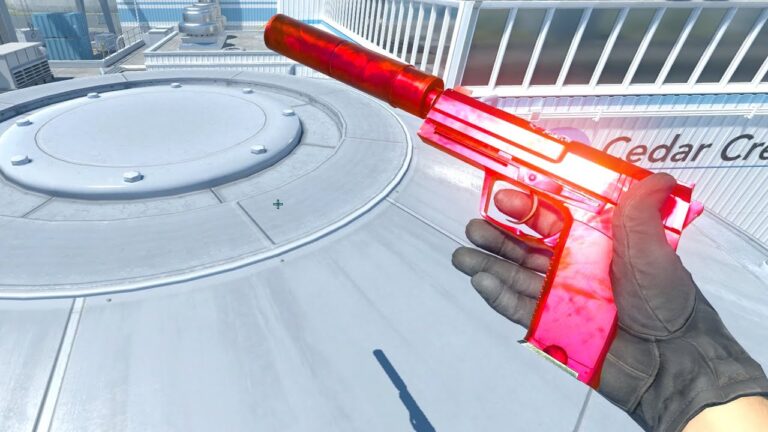Counter-Strike 2, or CS2, recently introduced new features that have both excited and frustrated its passionate community. Among these, the introduction of knife trade-up contracts has caused quite a stir. This system allows players to exchange multiple skins for the chance to get a knife skin, a coveted item in the game. However, the reactions have been far from positive, with many players expressing disappointment and confusion.
The knife trade-up contracts were supposed to add fun and excitement to the trading economy, but instead, they sparked major controversy. From unexpected outcomes to the fairness of the system, the community’s response highlighted several underlying issues. Here, we take a closer look at why this feature led to such mayhem in the CS2 player base.
What Are Knife Trade-Up Contracts in CS2?
Trade-up contracts in CS2 let players combine 10 skins of the same rarity to get a new skin of a higher tier. Recently, Valve added the option to trade up lower-rarities for knives, which are among the rarest and most desired items in the game. Players hoped this would be a way to get knives without spending large amounts of money, but the new contracts often produced underwhelming results, frustrating many.
Unlike traditional trade-ups where the outcome is somewhat predictable, knife trade-up contracts feel more like a gamble. The chances of hitting a rare knife seem slim, and some players have reported receiving the same low-tier knives repeatedly. This unpredictability has led to debates about whether the contracts are fair or just another way to push players toward costly purchases.
Community Reaction: Disappointment and Distrust
The CS2 community quickly voiced their opinions across social media platforms such as Reddit and Twitter. Many users criticized the knife trade-up contracts for misleading players with unrealistic hopes of getting valuable knives. Some users accuse Valve of implementing a system that benefits the company more than the players, fostering distrust within the community.
Discussions on forums have highlighted concerns that the trade-up system favors randomness over skill or fairness. , many players feel the probability settings for obtaining high-value knives are unclear and possibly skewed. This confusion only adds to the frustration, with some community members calling for Valve to release clearer statistics and improve transparency.
Impact on the In-Game Economy and Trading Market
The controversy also affected the in-game economy. Knife skins are a major part of CS2’s trading market and contribute significantly to player spending. With the trade-up contracts making knives more accessible but less predictable, prices have fluctuated, leading to instability in the skin market.
Trading experts on platforms like [HLTV](https://www.hltv.org/news/35989/cs2-knife-trade-ups-trading-mayhem) have noted how the new contracts drive both excitement and caution among traders. Some players choose to avoid trade-ups altogether after witnessing losses, while others try their luck in hopes of scoring a rare knife. The mixed reactions have created a rollercoaster effect on market values.
Valve’s Response and What’s Next
Valve hasn’t remained silent amid the backlash. The company has acknowledged the community’s concerns and promised to review the trade-up system to make it more balanced and transparent. Updates and adjustments might come soon to address the unpredictability and fairness issues highlighted by players.
In the meantime, players are advised to approach knife trade-up contracts with caution. It’s important to understand that these contracts have a gambling element and may not always yield profitable results. As the situation develops, keeping an eye on official Valve announcements and trusted community sources will help players make better choices.
Conclusion: A Lesson in Patience and Fair Play
The knife trade-up contracts in CS2 demonstrate how game updates can deeply impact player experience and community trust. While the idea of trading up to precious knives is exciting, the current system’s flaws cannot be ignored. By learning from this mayhem, both Valve and the CS2 community can work toward a fairer and more enjoyable trading environment.
For now, players should stay informed, be cautious with their investments, and continue to voice their opinions respectfully. The CS2 community’s passion and feedback are crucial in shaping the future of the game’s economy and features.






Leave a Comment